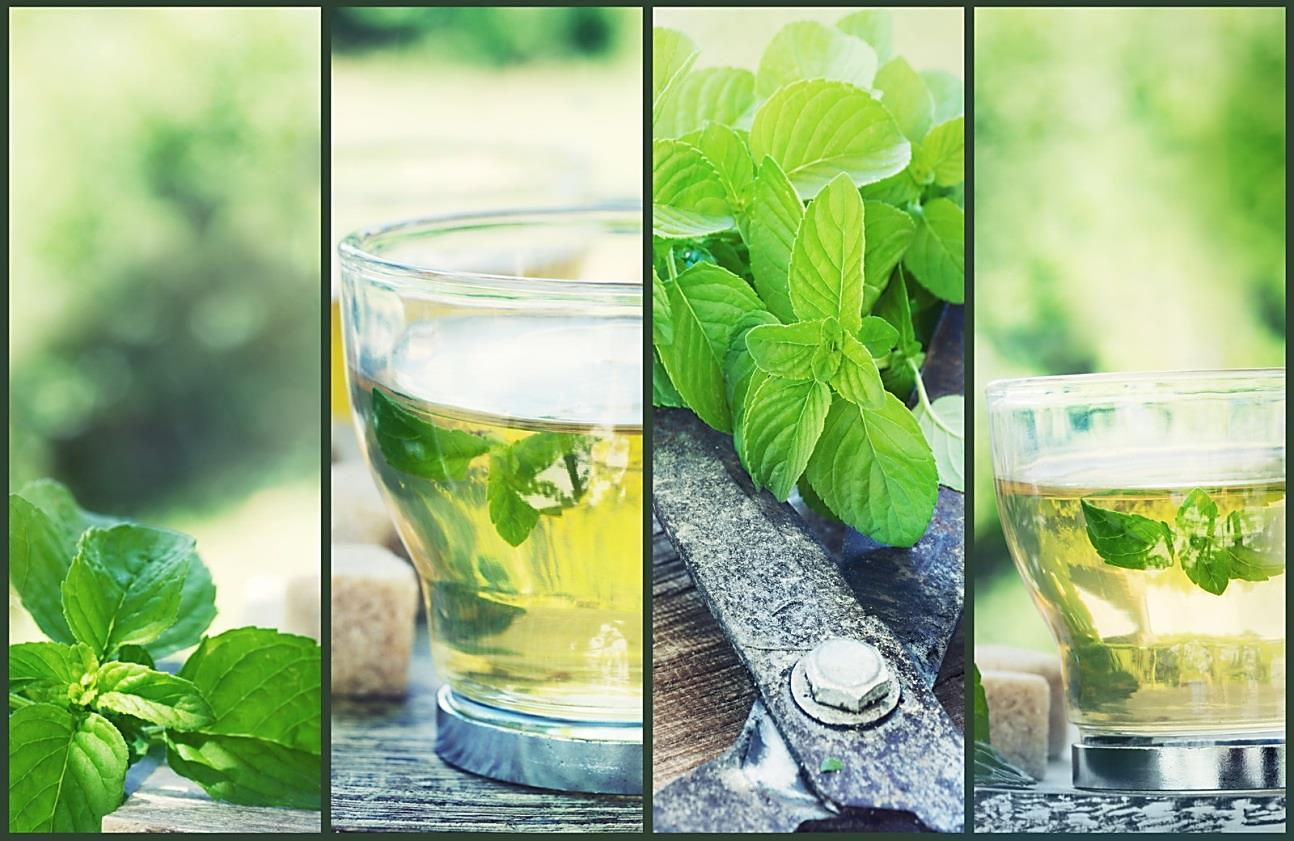
by Belinda Ollewagen | Mar 15, 2019 | water cooler, water dispenser
It’s time to get your buzz on, because very soon it’s St Patrick’s Day and all around the world, Irish and non-Irish alike will be celebrating. For those of you that don’t know, the day (actually his death day) commemorates Saint Patrick and the arrival of Christianity in Ireland. The custom to wear shamrocks and go all-green (a colour long associated with Ireland), comes from St Patrick’s use of the three-leaved plant, to signify the Holy Trinity.
What might St Patrick’s Day have to do with a water dispenser you ask? Well, if you’re planning on imbibing and you don’t want to feel like a train wreck the next day, then it’s best to take precautions, and one of the most important is to remain well-hydrated – with water that is, not alcohol. So, frequent stops at the office water cooler in the lead up to the holiday is advisable, as is matching each alcoholic beverage with a glass of water on the day itself.
And if beer or a pint of Guinness isn’t your cup of tea (see what we did there) then why not try out a few fabulously green-inspired cocktails
Shamrock Shaker
1½ oz. Tequila
1½ oz. Sour Apple Liqueur
¼ Agave Nectar
2 oz. Lime Juice
Simply combine all ingredients in a cocktail shaker filled with ice, give it a good shake and serve in a martini glass garnished with thin slices of apples.
Frozen Mojito
1½ oz. White Rum
1½ oz. Mojito Mix Syrup
½ oz. Lime Juice
5 Mint Leaves
Splash of Sour Mix
Blitz all ingredients in a blender, add ice, blitz again and serve garnished with a slice of lime.
Wasabi Praise
1½ oz. Sake
1½ oz. Vodka
½ oz. Lime Juice
Pea size of Wasabi
Combine all ingredients, stir and serve.
Happy St. Patrick’s Day – remember to stay well-hydrated (the water cooler is your friend!) and enjoy responsibly.

by Fern Shaw | Feb 27, 2019 | water cooler, Water Coolers
Drinking fizzy soft drinks has long been in the spotlight, not least because of the high calorie count in each can, but also due to the high sugar content. While fine to drink on occasion, high-calorie, high-sugar drinks, like fizzy drinks, can cause an array of negative effects to your body and well-being.
Swapping fizzy drinks for water is one of the quickest and easiest ways to stay hydrated and improve your overall health in both the short- and long-term future. Still not convinced? Have a quick read of these six reasons to drink more H2O:
- Feel Happier
Dehydration can affect your mood and make you feel sad, grumpy and confused. When you maintain good hydration habits – see the recommended daily water consumption here – you will soon feel more energised. Water stimulates the flow of nutrients and hormones that release those feel-good endorphins you need to feel happy.
- Burn More Calories
Drinking more water can help you to burn more calories by regulating your metabolism, which is your body’s ability to convert food into energy. By simply drinking as little as 500ml of water per day, your metabolism could speed up by as much as 30 percent.
- Exercise with Ease
Swap out sugar filled energy drinks for water – drinking water while working out is the ultimate muscle fuel. High-intensity physical activity can cause you to lose water through sweat and your muscles to become tired. For a boost of energy, drink water to reduce cramps and sprains, and push you through that final exercise set or that last 200m of your run.
- Flush Toxins Out
You may have tried the latest juice cleanse to detox your body, but what about drinking a refreshing glass of water? Water helps to eliminate wastes and toxins from your body by encouraging healthy digestion and transporting nutrients to where they are needed.*
- Helps you have Clearer Skin
Studies show that people who drink more water tend to have clearer, younger looking skin. Water works to hydrate your skin and reduce toxin-induced blemishes, resulting in a healthy glow even your best moisturiser can’t achieve on its own.
- Boosts Your Productivity
Your brain and nervous system send out electrical signals to function properly. Having a regular supply of water will help to increase electrical functioning in your brain for clearer thinking, so you will feel more efficient and productive.
Need a fantastic cool drinking water delivery system a.k.a (in simple terms) a water cooler to help you with your switch to a healthier hydration lifestyle? Look no further than to us at AquAid Water Coolers. We’ve been keeping more than 33,000 customers happily hydrated for over 20 years. Contact one of our helpful team today.
*excerpts from an infographic at Unity Point

by Belinda Ollewagen | Feb 25, 2019 | water cooler
Last week was #LoveYourPetDay in the # world and it’s wonderful to know that there’s a day dedicated to something that brings so much joy to so many of us! It’s well established how therapeutic having a pet can be, in fact certain companies even encourage a ‘Bring Your Pet to Work’ day as a form of reward and recognition – absolutely lovely if your pet is a dog or cat, not so lovely I’d imagine if your pet is something more slithery or rodent-y, but then again, who are we to judge…
If you are lucky enough to work for a company who encourages such a policy, be sure to bring along everything your pet might need for the day, and very importantly remember that pets , just like us humans, need to remain properly hydrated too, so make regular trips to the water cooler to top up their water bowls. Hmmm, equally important then are regular toilet breaks.
But anyway, back to the benefits of having a pet – and in this case specifically dogs, because we’re a little partial to dogs here in the AquAid water cooler office. Mordecai Siegal said ‘acquiring a dog may be the only time a person gets to choose a relative’ and that’s so true. Research shows that there are physical benefits to having a dog around, from improved cardiovascular health and increased physical activity, to lower cholesterol and decreased blood pressure – not something all relatives can lay claim to. Dogs also help reduce our stress and teach us mindfulness.
As M.K. Clinton said ‘the world would be a nicer place if everyone had the ability to love as unconditionally as a dog.’

by Fern Shaw | Feb 25, 2019 | water cooler
Here at AquAid Water Coolers, we’re always on the lookout for helpful health tips drawn from nature that can accompany your drinking water. We’ve referenced mint before on a few occasions – once in 2015 and again in 2017 and last year – but we’ve never really looked...

by Fern Shaw | Feb 12, 2019 | water cooler
Tough question, this one. Slightly risqué too, we know. But at AquAid we’re a pretty determined and well-rounded (mentally, that is) bunch, so we believe we can tackle this question with aplomb.
The answer is: drinking water is most definitely romantic! Stealing from The Bard, let’s count the ways:
- When you’re parched, whether from a marathon think tank talk at work, from exercise or simply because you lapsed with your hydration, there’s nothing nicer than the feeling of satisfaction you experience when you slake your thirst.
- A feeling of satisfaction can help with releasing endorphins. Water stimulates the flow of nutrients and hormones that release those feel-good endorphins you need to feel happy. Drinking more water will satisfy your thirst and health.
- When you up your drinking water habit and put dehydration behind you, not only do you feel better, but you look better. Drinking enough water isn’t just a health benefit: it plumps up your skin, makes your hair glossy, keeps your eyes clear and bright and generally makes you look and feel more youthful.
The points above are perhaps something to consider this romantic month of February. If you have an intended in mind and would like to be murmuring sweet nothings to them come Valentine’s Day, what could be better than to present yourself at your most appealing – clear eyed, hydrated and healthy. A clear pathway to feeling more romantically inclined.
And the best bit is: even if you don’t have romance in mind, installing a water cooler still remains a very good idea, precisely because it will give you an uninterrupted supply of cool, clear, refreshing drinking water 24/7/365, enabling you and your co-workers, (whether they’re love bugs or not) to not only perform at your best, but look your best too.





